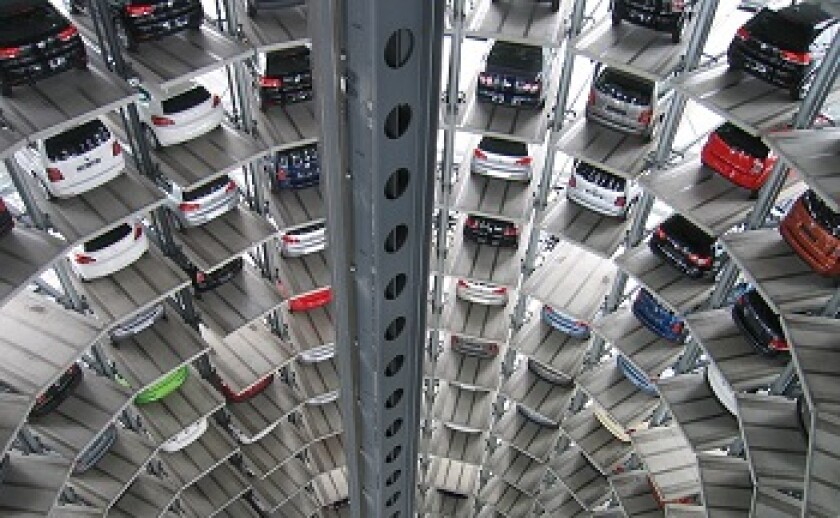The Brazilian government has established the Route 2030 Programme – Mobility and Logistics by means of provisional measure (MP) 843/2018, aimed at encouraging technological and energy efficiency in the Brazilian automotive sector.
The programme succeeds the Inovar-Auto, another tax incentive programme that expired on December 31 2017, which was very relevant to the automotive industry in Brazil.
The new programme has been designed to foster innovation, technological development, competitiveness, vehicle security, environmental protection, and energy efficiency, and the quality of cars, trucks, buses, chassis with engines, and auto parts.
From January 1 2019 to December 31 2023, companies manufacturing or selling vehicles falling under positions 87.01 to 87.06 of the excise tax rates table (TIPI, which is based on a harmonised system), or auto parts and strategic systems for the production of such vehicles, may deduct, when calculating corporate income tax (IRPJ) and the social contribution on net profits (CSLL), operating expenses incurred in research and development (R&D) in Brazil, provided that they meet certain requirements and are accredited by the Ministry of Industry and Foreign Trade and Services (MDIC).
The MP also establishes requirements for the sale, in Brazil, of vehicles in the same TIPI positions, and provides for a ‘regime of auto parts not manufactured’ domestically.
As of 2022, the executive branch may reduce IPI rates by up to 2% for vehicles that meet specific energy efficiency requirements, and by up to 1% for vehicles meeting specific structural performance requirements associated with assistive steering technologies (provided that energy efficiency requirements are also met). The reductions, which are non-cumulative and limited to 2%, apply to both domestic and imported vehicles.
Concerning the regime of auto parts not manufactured, those entitled to benefit from this regime will be granted, as of January 1 2019, exemption from import duty on ‘parts, components, assemblies and sub-assemblies, finished and semi-finished and pneumatic components’, new and without equivalent domestic production capacity, intended for the manufacturing of automotive products. The accreditation requirements and Mercosur common nomenclature (NCM/HS) codes to be exempt will be regulated by the executive branch.
The regime for auto parts not manufactured will include products imported directly or on behalf of beneficiaries, which must be applied in the manufacturing of automotive products within three years of the taxable event. Moreover, this exemption is conditional upon the application of 2% of the product’s customs value in R&D projects in the country.
The MP was enacted on July 5 2018, and its validity was extended by the National Congress for more than 60 days on September 5 2018, during which period it must be approved to be incorporated into law (or otherwise amended or rejected). It must also be regulated by the executive branch, which must enact a decree to address these guidelines in detail.
The executive branch also edited decree 9442/2018, reducing the IPI rate of vehicles equipped with hybrid and electric motors, depending on the capacity of their engine and on their energy efficiency. The reduction, valid from November 10 2018, covers vehicles falling under determined NCM/SH tax codes related to ethanol fuel engines, flexible fuel engines, hybrid engines, and electric engines.
These new tax incentives are important for the automotive sector and for Brazil, which usually champions the use of clean energy, to move to a greener fleet.
This article was prepared by Ricardo Marletti Debatin da Silveira (rsilveira@machadoassociados.com.br) and Rogério Gaspari Coelho (rcoelho@machadoassociados.com.br), members of Machado Associados’ indirect tax team.













